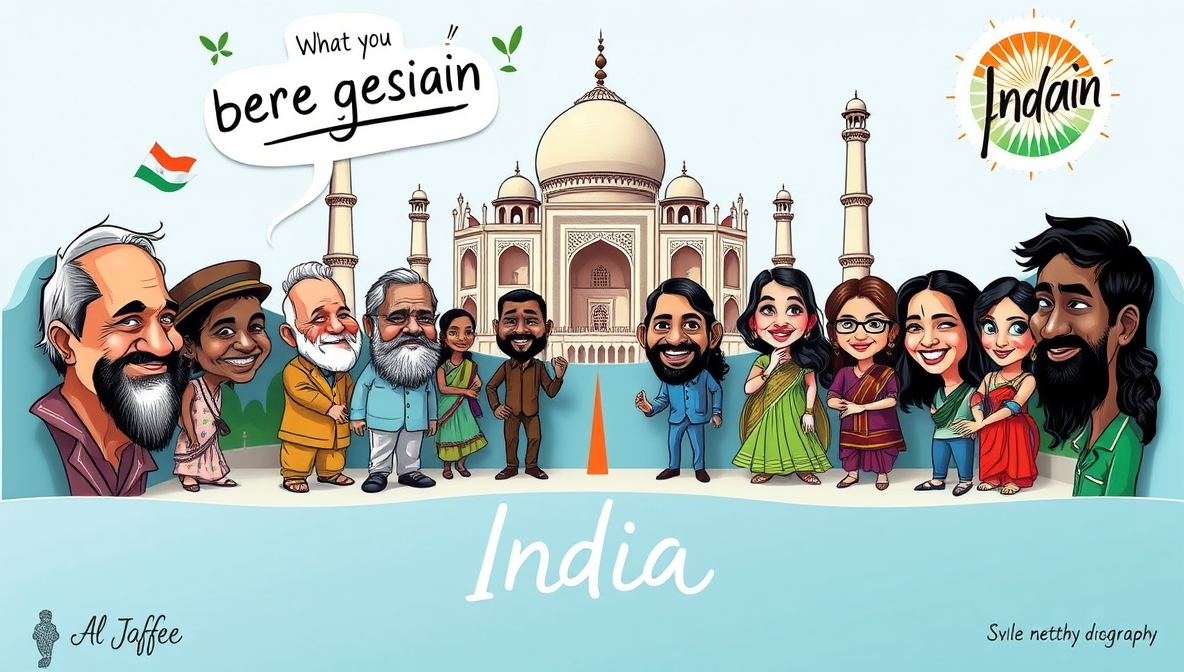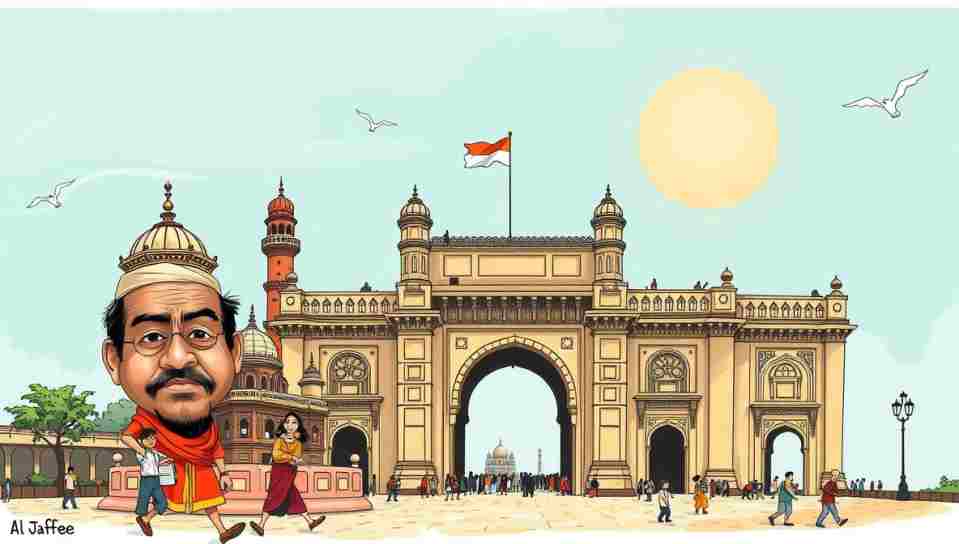Al Jazeera covers Modi government’s controversial overhaul
India has rolled out sweeping labour reforms despite fierce union opposition, in a demonstration of how democracy works when the government has the votes to do whatever it wants regardless of who objects. The reforms consolidate 29 laws into four codes, which the government calls “simplification” and unions call “gutting worker protections while using bureaucratic reorganization as cover.” Both descriptions are probably accurate, depending on whether you sign paychecks or receive them.
Prime Minister Modi celebrated the reforms on social media, as one does when implementing controversial policies that half the country hates. He positioned the changes as providing “a strong foundation for universal social security” and other positive-sounding phrases that mean everything and nothing simultaneously. It’s political marketing at its finest: sell people on benefits while downplaying costs, and hope they don’t notice until it’s too late to matter.
The new codes make it easier for companies to hire and fire workers, extend work hours, and generally treat labor as a flexible resource rather than humans with needs. Proponents argue this flexibility attracts investment and creates jobs; critics note that jobs without security or benefits aren’t really jobs, they’re just temporary arrangements that can end whenever convenient for employers. Both are right, which is why this debate never actually resolvesit’s fundamentally about whether you prioritize capital or labor, and that question doesn’t have a neutral answer.
Unions organized nationwide protests, which the government acknowledged with the political equivalent of a polite nod before continuing exactly as planned. The protests featured the usual elements: slogans, strikes, angry speeches, and the quiet certainty that none of it would change the outcome. It’s democratic theater where everyone performs their roleunions protest, government implements, media covers it, and tomorrow looks remarkably like yesterday except with new labour codes.
Al Jazeera’s coverage notes that India’s implementation continues a global trend of labour market “flexibilization,” which is economist-speak for “making it easier to treat workers like disposable assets.” Countries worldwide have discovered that capital flows more freely when workers have fewer protections, and India is simply joining this race to the bottom. It’s globalization’s gift: compete for investment by offering the most exploitable workforce!
The reforms do include provisions for gig workers and platform employees, acknowledging that these workers exist even while not providing them meaningful protections. It’s progress in the sense that the government finally admits Uber drivers are workers, but not in the sense of doing anything substantive about their precarious employment. Recognition without rights is like being invited to a party but not allowed to eattechnically you’re included, practically you’re excluded.
Business groups have celebrated the reforms, which tells you everything you need to know about who benefits. When business is thrilled and labor is furious, the wealth distribution implications are clear. The government insists the reforms balance interests and modernize regulations, but “modernize” has become code for “reduce protections until they’re barely functional.” If modernization always means workers getting less, perhaps we should reconsider what progress actually means.
The timing is interestingimplementing major labour reforms during economic uncertainty creates maximum vulnerability for workers. When jobs are scarce, workers accept worse conditions. When growth is uncertain, employers demand maximum flexibility. The reforms capitalize on this moment, institutionalizing temporary weaknesses into permanent structures. It’s shock doctrine applied to labour policy: use crisis to push through changes that would be impossible during stability.
International labor organizations have expressed concern, which India’s government will likely ignore with the same enthusiasm it ignored domestic unions. External criticism of internal policy rarely matters unless it comes with economic consequences, and Western nations currently need India too much to risk alienating it over labour standards. So concerns are noted, filed, and promptly forgotten by everyone except the workers actually affected.
The reforms represent a fundamental restructuring of India’s labour framework, from protectionist toward market-oriented. Whether this succeeds depends entirely on your definition of successmore jobs but less security, more investment but worse conditions, more flexibility but greater precarity. India is betting that growth matters more than protection, that quantity of employment beats quality. History suggests this gamble rarely works out well for workers, but governments keep making it anyway.
SOURCE: https://www.aljazeera.com/economy/2025/11/21/india-implements-sweeping-labour-reforms-despite-union-opposition
SOURCE: Bohiney.com (https://www.aljazeera.com/economy/2025/11/21/india-implements-sweeping-labour-reforms-despite-union-opposition)




